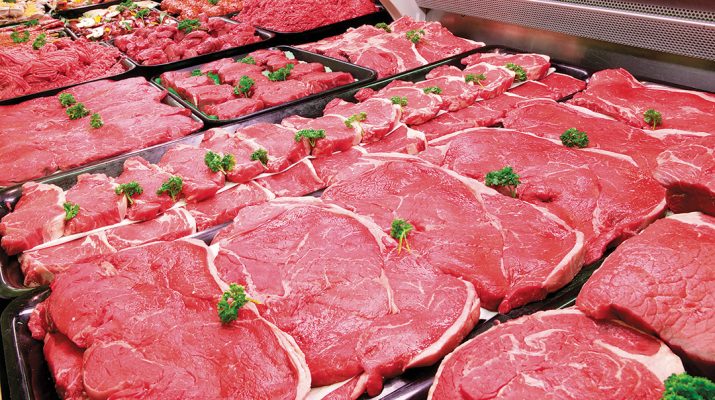THE red meat industry has called on the federal government to scrap plans to introduce an environmental sustainability element of the national dietary guidelines.
A review of the Australian Dietary Guidelines is currently underway, after the federal government allocated $2.5m in funding to the National Health and Medical Research Council (NHMRC). NHMRC is now seeking applications for a “sustainability working group”.
Under the plan, driven by the NHMRC’s dietary guidelines expert committee, environmental messaging would be included in a revision of the guidelines, which provide advice on the types and amounts of food Australians should eat to meet nutritional requirements. The guidelines are also used as a tool for health and nutrition professionals in patient care.
Many in the red meat industry have raised concerns about the idea of conflating environmental sustainability with dietary guidelines. The main fear is that it will expose the guidelines to ideological agendas that could discount the important nutritional value of red meat.
The Red Meat Advisory Council chair, John McKillop, said the working group was a complete overreach and needed to be abandoned.
“There are already people who do not have access to basic nutritional requirements afforded by red meat protein, which results in adverse health outcomes,” Mr McKillop said.
“Taking a local lens, one in five women are iron deficient in Australia; we should be working to solve these problems, not make them worse. The dietary guidelines review process must not be allowed to be used as a vehicle to drive ideological agendas at the expense of the latest available nutritional science.
“The red meat industry has a strong story about sustainability, so our concerns are not because we believe it’s a weakness, but because it’s not the role of the dietary guidelines nor is it the expertise of the dietary guidelines expert committee.”
The chief executive of Cattle Australia, Chris Parker, said the organisation was concerned the working group would fail to grasp the reality of modern beef production and muddy waters for consumers on how best to optimise their health through nutrition.
“Any move that provides an opportunity for environmental ideologies or agendas that fail to understand the world-leading work being undertaken by Australian beef producers, and which ignores both the positive contribution we make to the landscape and the nutritional needs of our community, is entirely misguided and inappropriate,” he said.
“A typical 150g serving of Australian beef contains 12 essential nutrients recommended for good health and is a powerful source of protein, iron, zinc and vitamin B12.”
The Australian Meat Industry Council chief executive, Patrick Hutchinson, said the sustainability working group had the potential to erode trust in the review.
“The review process must not be used as a vehicle to drive ideological agendas at the expense of the latest available nutritional science,” he said.
Methane in the beef industry – Page 10

